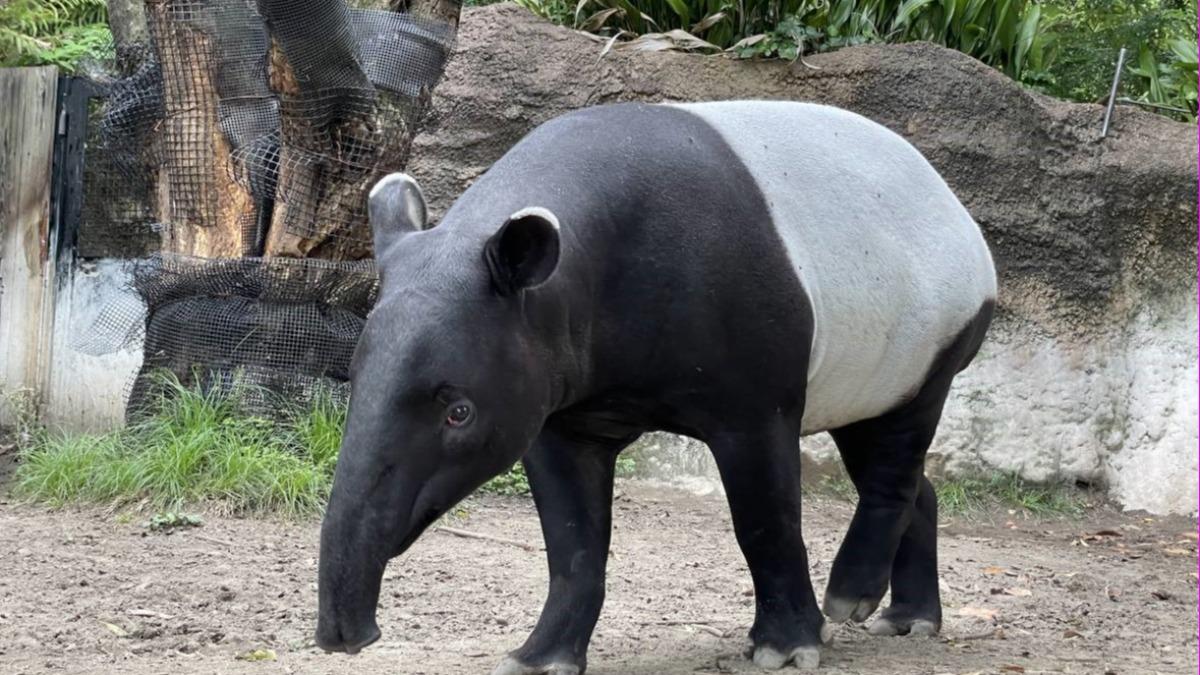TAIPEI (TVBS News) — Taipei Zoo announced on Monday (June 24) that heat stress likely caused the death of the Malayan tapir, Hideo, leading to systemic circulatory failure, coagulation dysfunction, and pulmonary edema. The zoo disclosed these preliminary findings after the two-year-old tapir, originally from Zoorasia Zoo in Yokohama City, Japan, was found deceased in his transport crate upon arriving in Taiwan last Friday.
The zoo urgently consulted with veterinary experts from National Taiwan University (NTU) to conduct a post-mortem examination early Sunday morning. The autopsy revealed extensive injuries, including severe skin abrasion on the head, limb injuries, muscle pallor, hemorrhages, subcutaneous emphysema, and extensive pulmonary edema, congestion, and bleeding.
Chen I-tsung (諶亦聰), director of Taipei Zoo, detailed the logistics arranged by Higashiyama Zoo in Japan, noting that Hideo was transported on a Japan Airlines cargo flight that landed at Taoyuan Airport on June 21 at around 8:30 p.m. Despite immediate attention by veterinarians and conservationists, Hideo was discovered lifeless around 9:25 p.m., lying on his side with no signs of life and bloodstains around the transport cage.
The team arrived at the zoo's quarantine center just before midnight, where the tapir's death was confirmed upon opening the crate. Following these events, the involved zoos and experts convened on Sunday afternoon to discuss the incident and plan an internal review based on the autopsy results.
In light of this tragedy, Taipei Zoo emphasized the need for a thorough scientific review of the incident and pledged to use this case to improve protocols for future animal exchanges and transportation. The zoo also stated its commitment to adhering to domestic and international regulations and standards for future international species exchanges.



